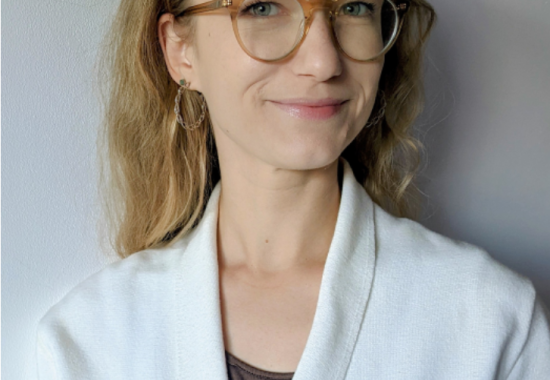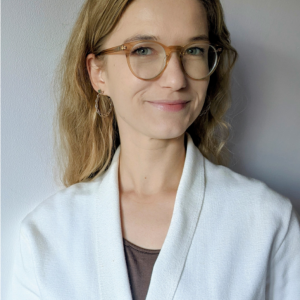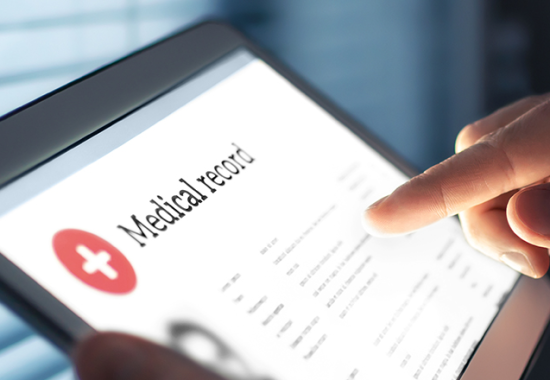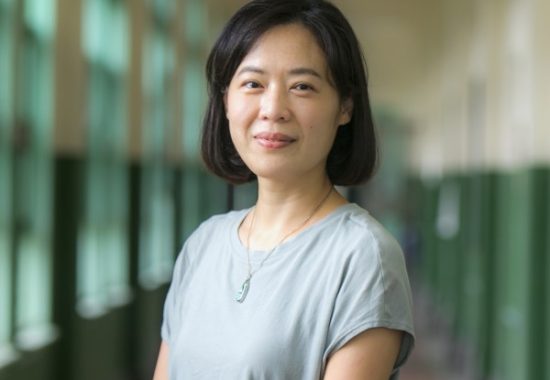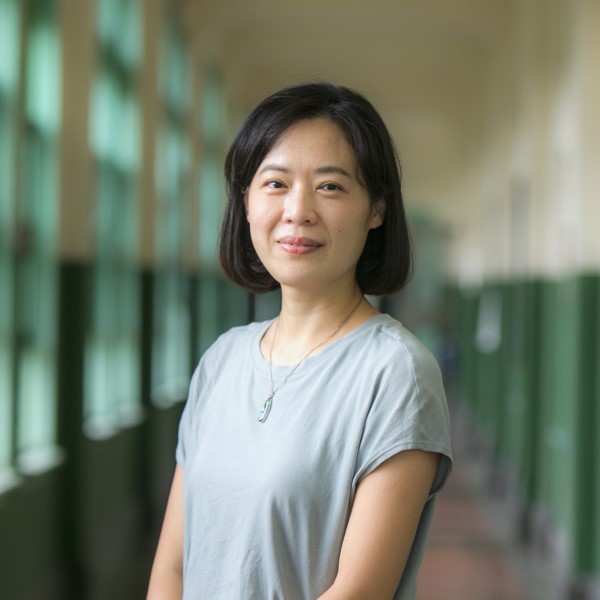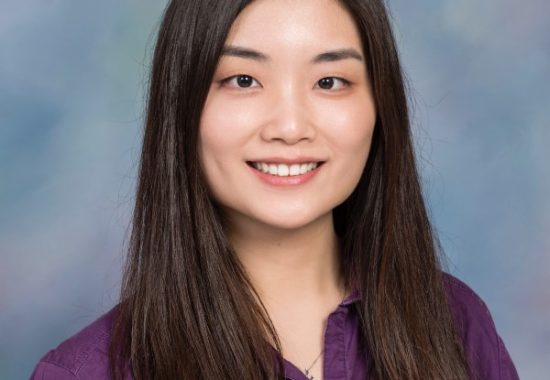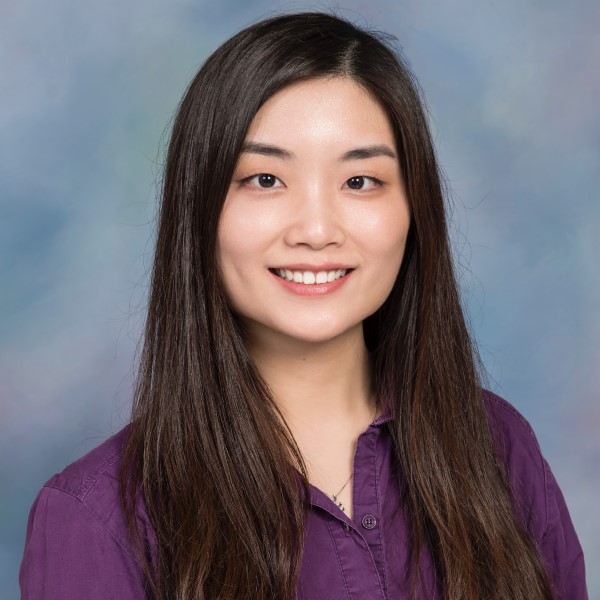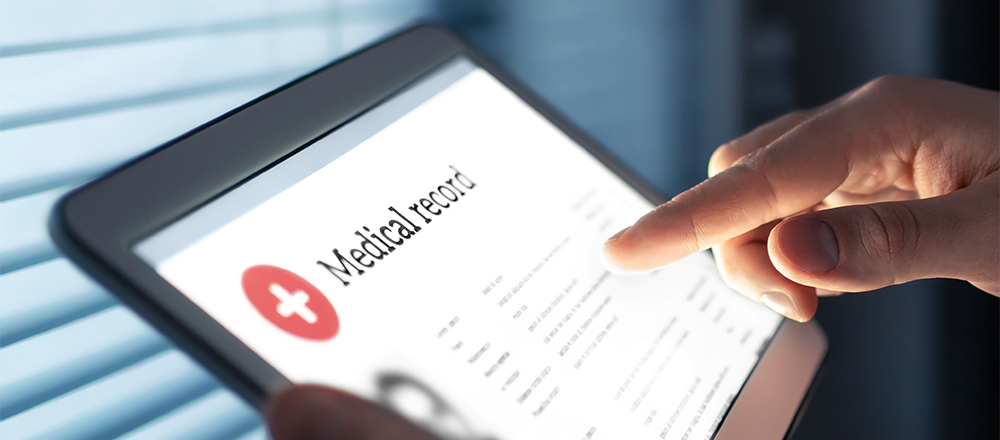
Healthcare is increasingly turning to big data as a way to build health profiles and predictive models to inform diagnosis and treatment. In the future, it is likely that the types of algorithms that currently predict what movie a person would like to watch or what takeout they would like to order, could be used to select treatments that are personalized to your individual condition and needs.
Critical to achieving this future, however, is the ability to merge scientific information with clinical information derived from well-documented electronic medical records (EMRs). EMRs are replacing traditional paper-based medical records for good reason. These EMR systems can facilitate workflow and improve the quality of patient care and safety. Moreover, the data stored in the EMR may be used to conduct quality improvement initiatives, and it can be analyzed to gain scientific insights to guide models of care. In order to unlock the tremendous promise of these tools, it is important that the EMR is designed in a way that relevant clinical information can be extracted and properly classified.
Extracting data from EMRs for research purposes presents multiple serious challenges, as there is a lack of standardization with regards to the terminology used for diagnosis, clinical findings, and specification of treatments. This latter issue—treatment specification—is of particular concern in the area of rehabilitation. Researchers, including those here at Moss, have noted the lack of detail in descriptions of non-pharmacological behavioral treatments, such as those used in rehabilitative care. “Most rehabilitation treatments are defined in the chart by the discipline of the person providing them, the problem they are addressing, and the time spent on it. Very little is documented about the treatment’s “ingredients” — specific actions taken by the clinician to bring about the desired functional improvements. It’s analogous to an internist documenting that they spent 15 minutes providing large white pills to improve breathing,” notes John Whyte, MD, PhD, who has led and contributed to multiple federally-funded efforts to develop a rehabilitation treatment specification system.
Understanding what treatment factors and processes lead to better outcomes, and for which patient subgroups, would allow the development of more effective rehabilitation strategies. The information required to gain this understanding is very complex and requires capturing detailed information on injury type and severity; the types, timing, and amounts of interventions received; and how these factors affect outcomes across diverse types of patients.
To address this gap, Moss is participating in an effort funded through the National Institutes of Health, National Institute of Neurological Disorders and Stroke that will not only transform our local electronic documentation system, but also harmonize our EMR with 15 other leading rehabilitation hospitals across the country, to enable the largest study to date of the rehabilitation strategies and outcomes for persons living with Traumatic Brain Injury (TBI).
The study, called Comparing Treatment Approaches to Promote Inpatient Rehabilitation Effectiveness for Traumatic Brain Injury (CARE4TBI), is led by Drs. Jennifer Bogner, PhD (contact PI, OSU), Cynthia Beaulieu, PhD (MPI, OSU), and Erinn Hade, PhD (MPI, NYU). This pragmatic observational study will recruit nearly 1,600 participants through 15 TBI Model Systems sites, located across the United States in various health systems and communities. Using the standardized data captured during inpatient stays, the impact of naturally occurring differences in approach to rehabilitation therapy will be evaluated relative to their effectiveness in improving the person’s ability to care for themselves and to function at home, at work/school, and in the community through one-year post-injury.
Amanda Rabinowitz, PhD, is the Site Principal Investigator for the CARE4TBI study at Moss; Mary Ferraro, PhD, OTR/L and Andrew Packel, PT, NCS, are contributing to the multicenter, multidisciplinary team responsible for identifying and designing new data forms and response sets to be added to the standardized EMR; and Dr. Whyte is a Moss member of the study’s Steering and Executive Committees. The aim is to capture data chronicling treatment and recovery during the natural course of a patient’s hospitalization. Dr. Ferraro and Mr. Packel have been working with Moss administrators, clinical frontline staff, and information systems specialists to design EMR changes to capture this important clinical information accurately and efficiently, while ensuring that the changes integrate well into Moss’s current EMR to enhance daily documentation of care.
“It’s of great importance to the whole study team that the EMR changes not only support the research, but also fit within the clinical work-flow. This is why we have included the input of frontline clinicians and clinical leaders in our redesign efforts,” Dr. Rabinowitz states. The study team is hopeful that improvements to the EMR may create efficiencies in documentation and could confer benefits for the delivery of care. As Dr. Ferraro notes, “This process has raised important discussions about how therapists describe interventions and document patient status. With these modifications, there will be a better distinction between clinical assessments and therapeutic treatments, which is an essential step to the examination of care delivery.” And this is only the beginning. Dr. Whyte adds, “This project has led us to develop close working relationships among researchers, clinical leaders, and EMR designers and programmers. We hope this collaboration will lead to additional future projects that exploit the scientific value of a well-designed EMR.”
“We are very enthusiastic about Moss’s involvement in this project, and what it could mean for the future,” noted Dr. Rabinowitz. “We believe that the EMR changes that come from this clinical-research integration will pave the way for continued collaborations — both locally and with other TBI Models System sites — that have the potential to directly inform care.”

